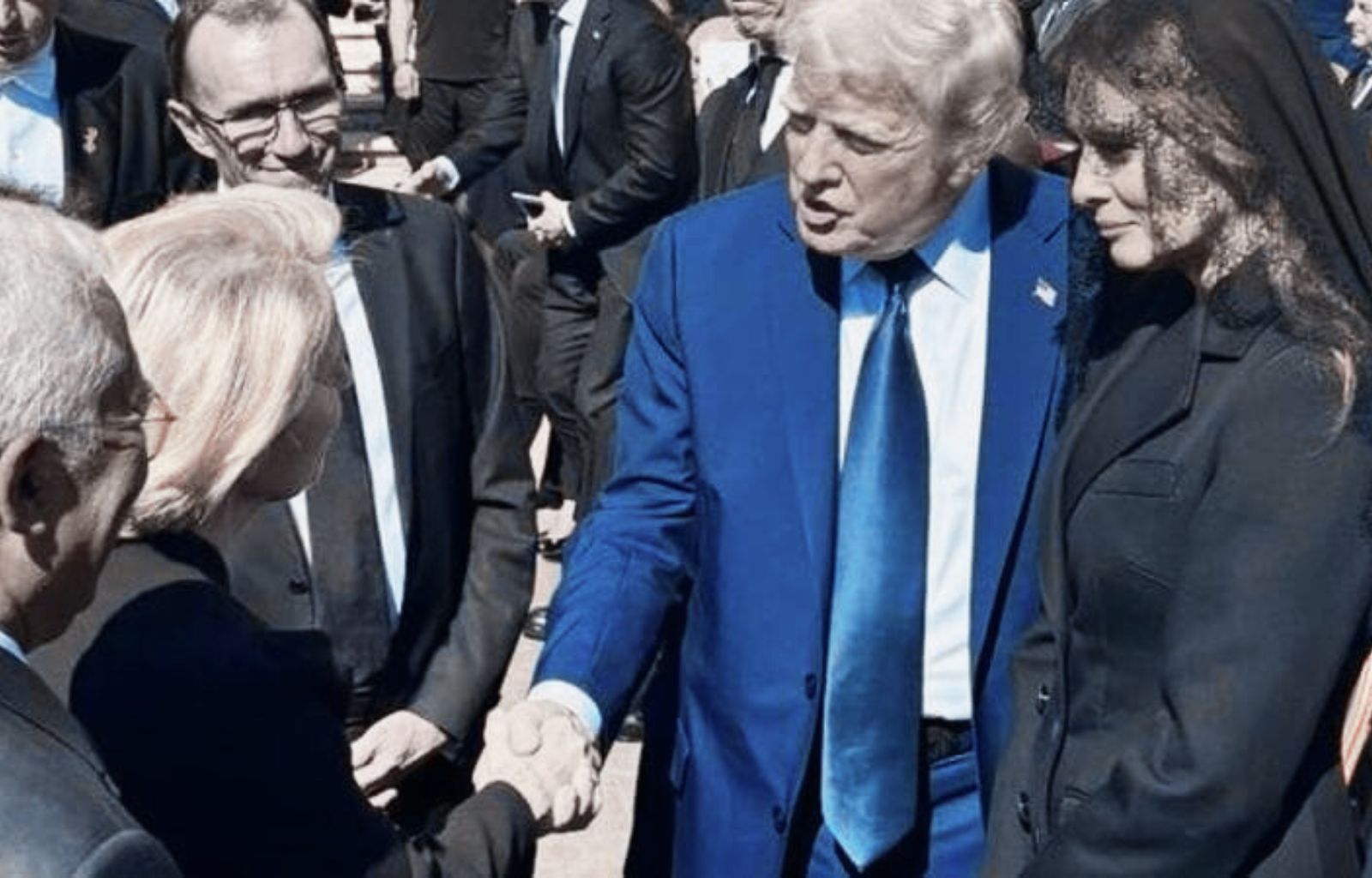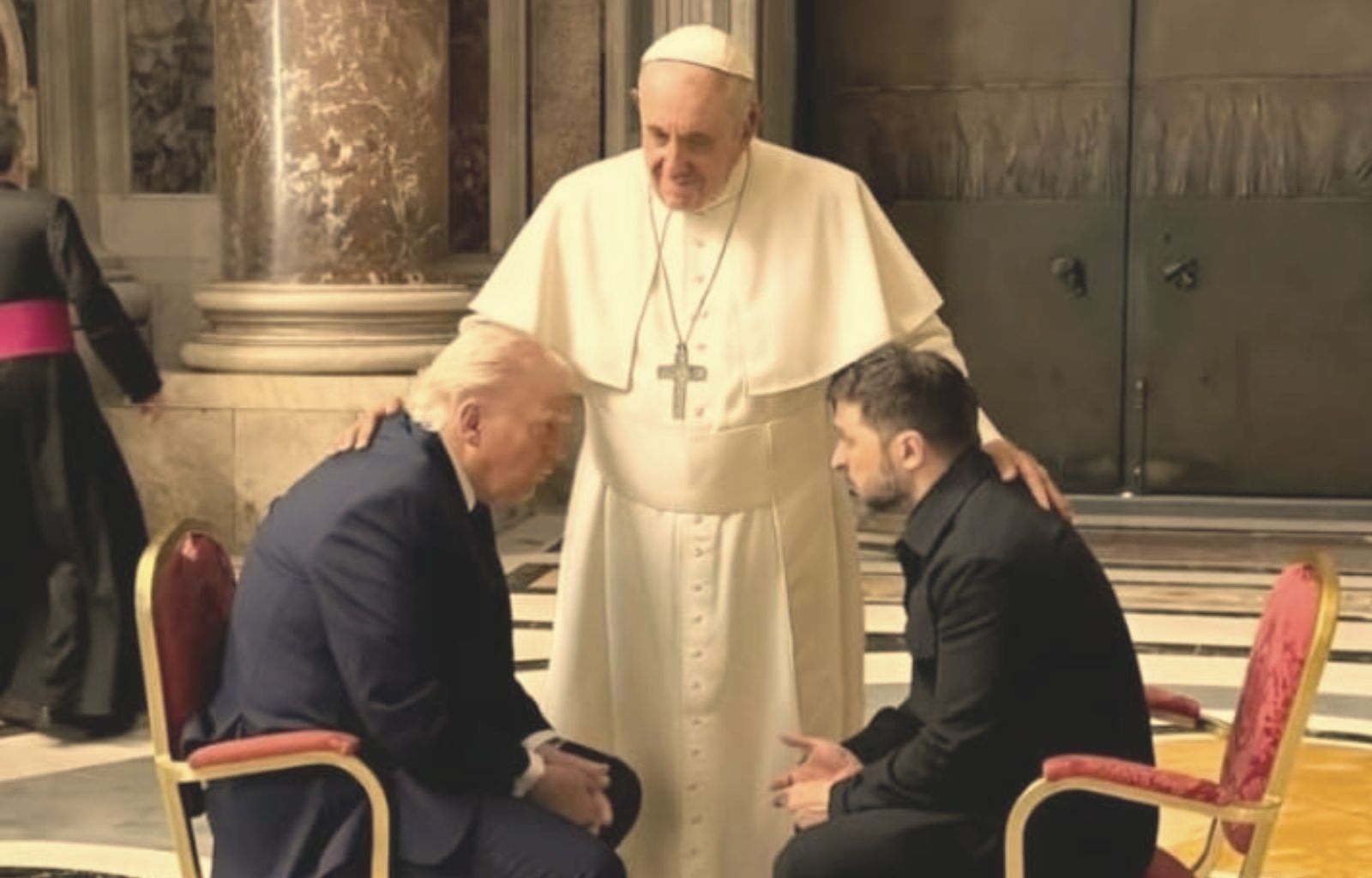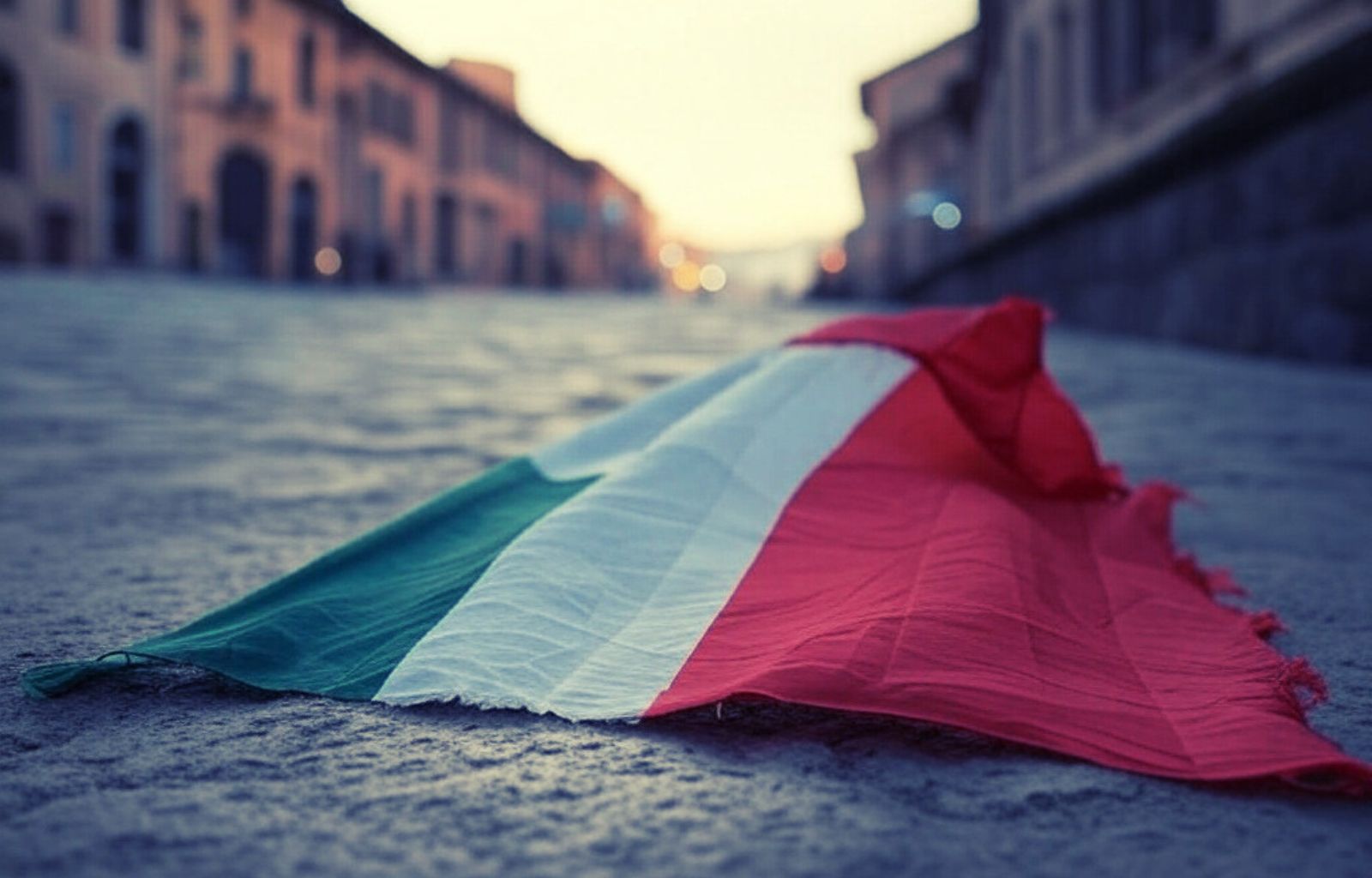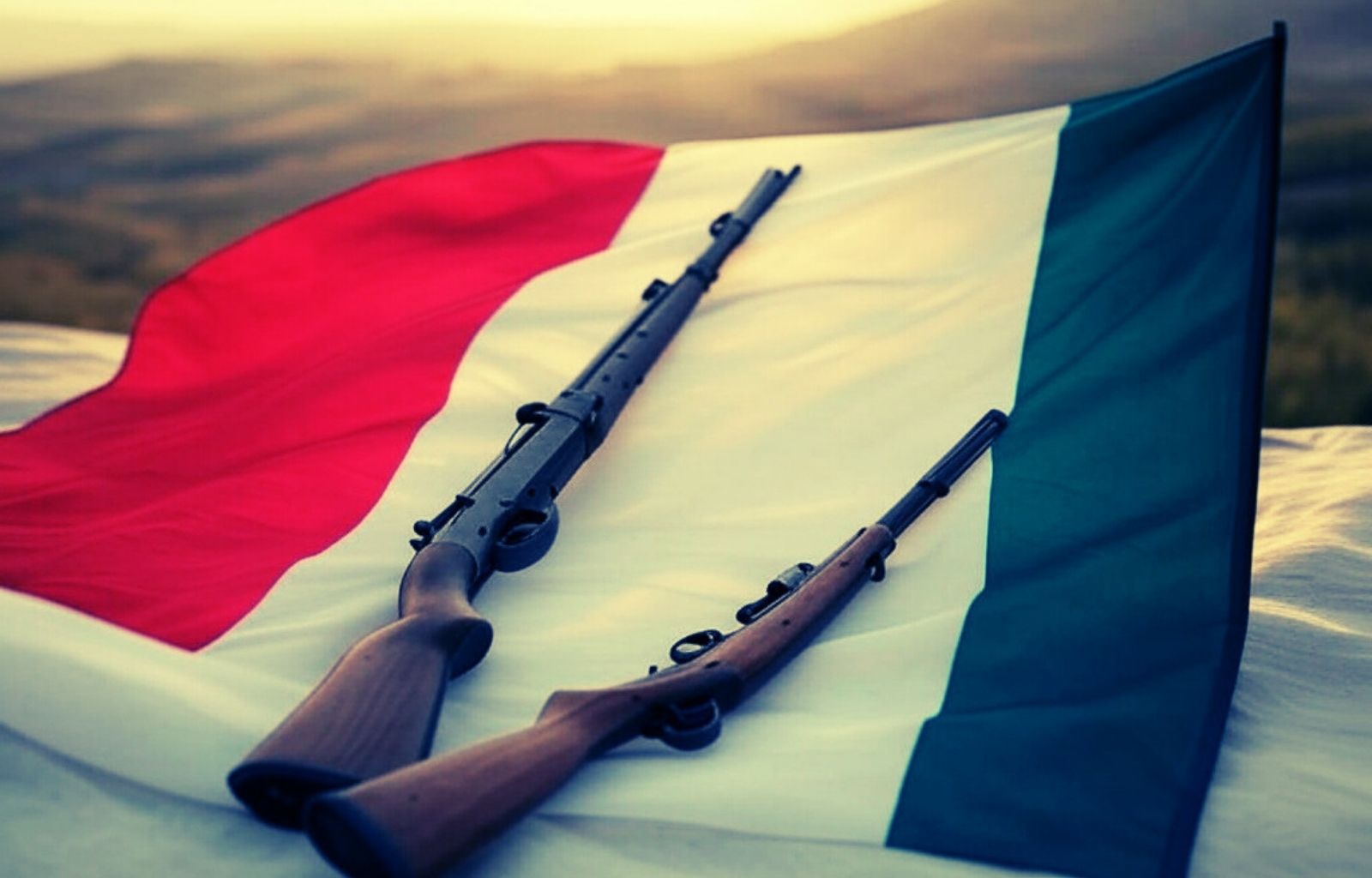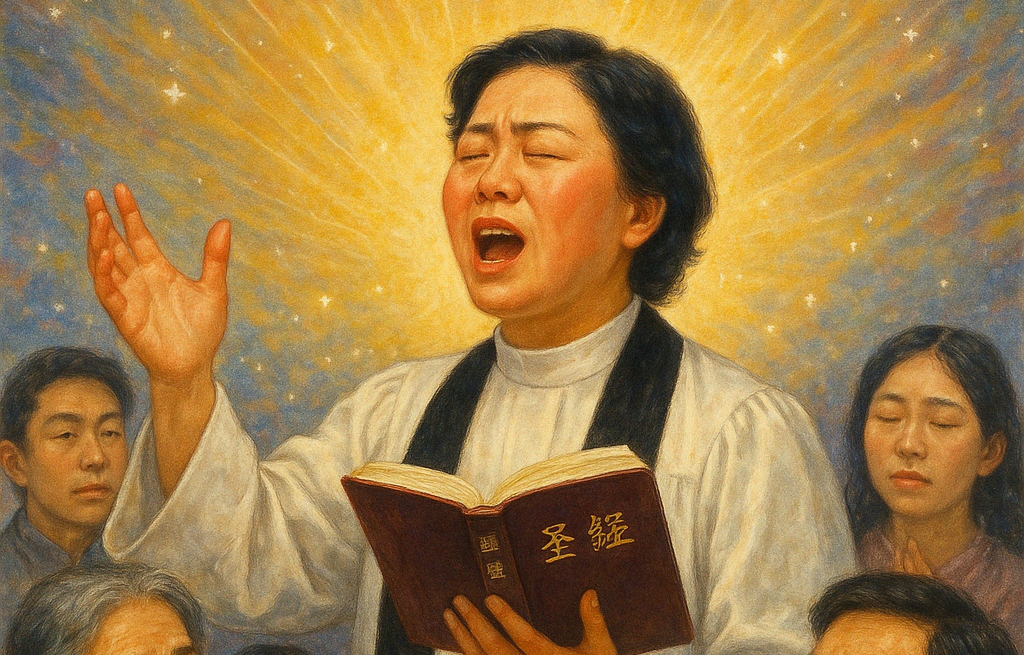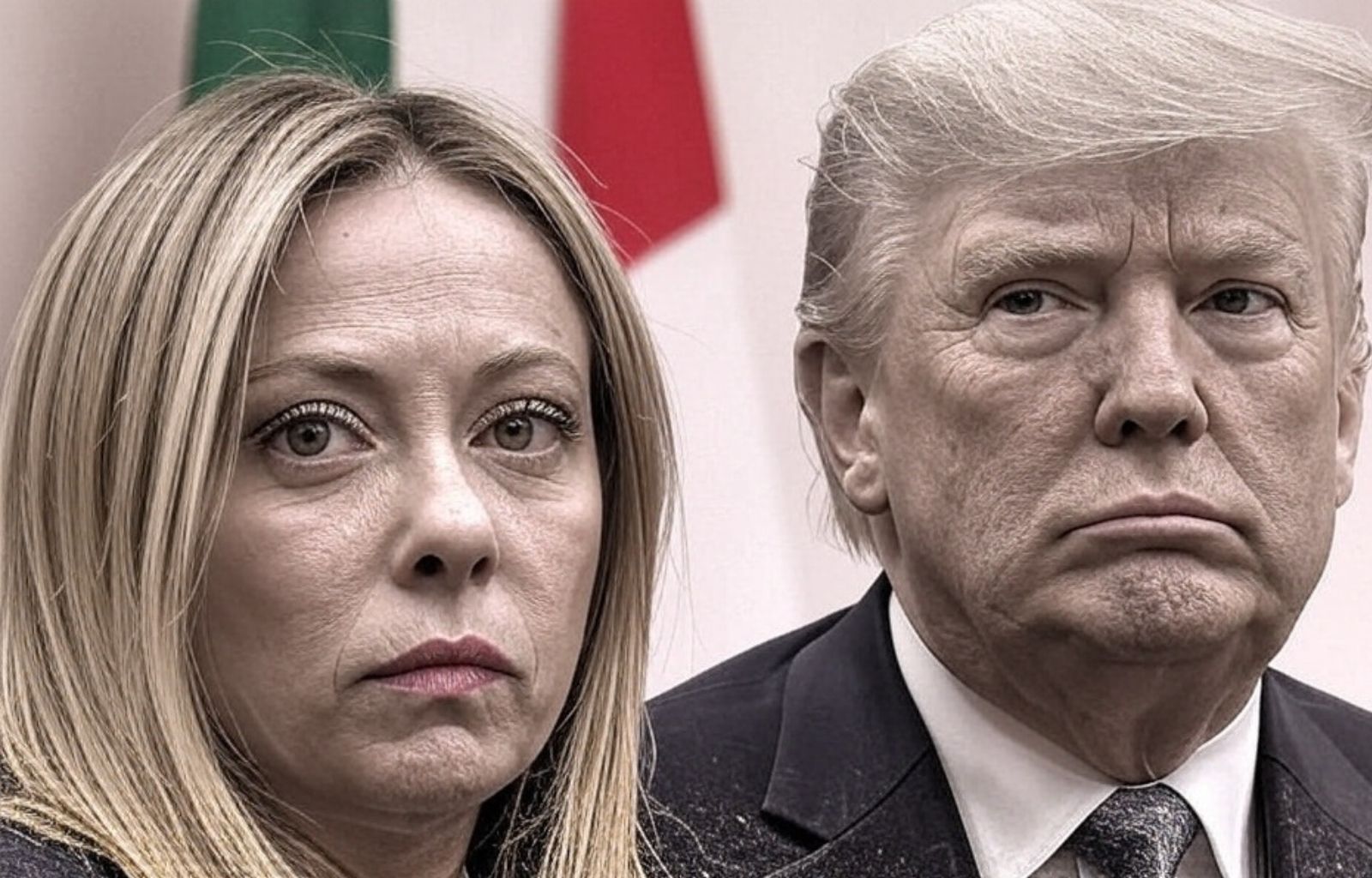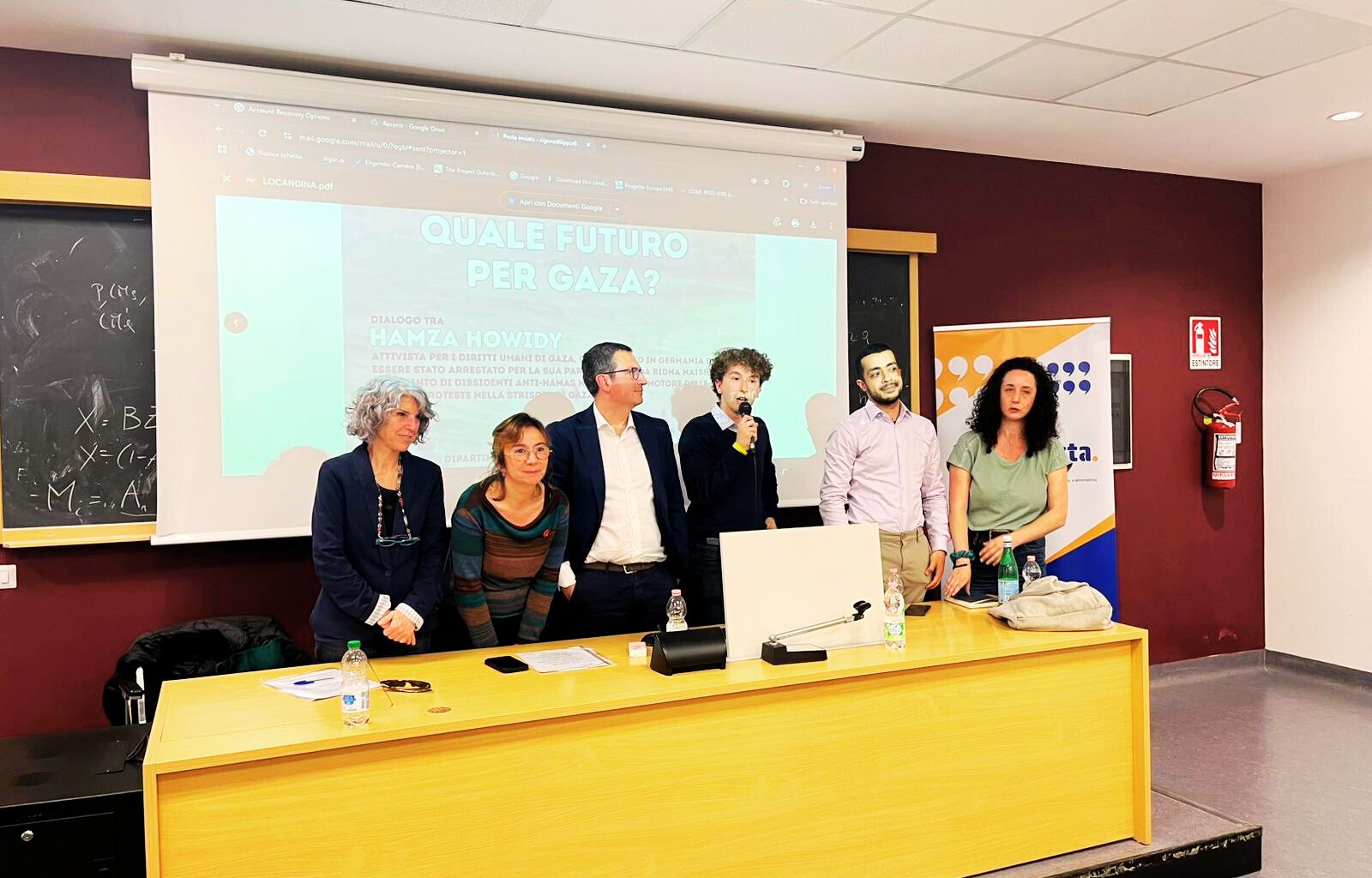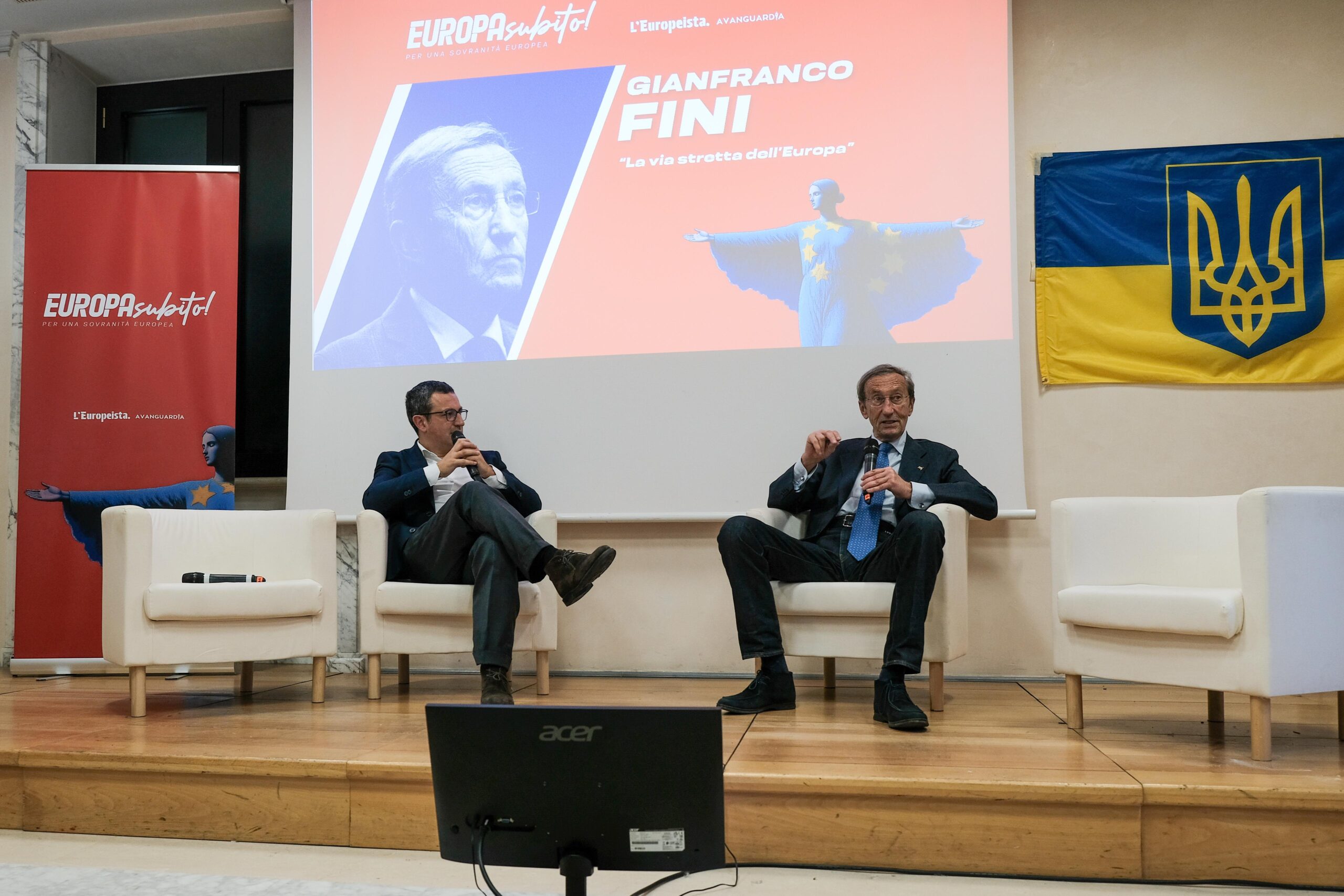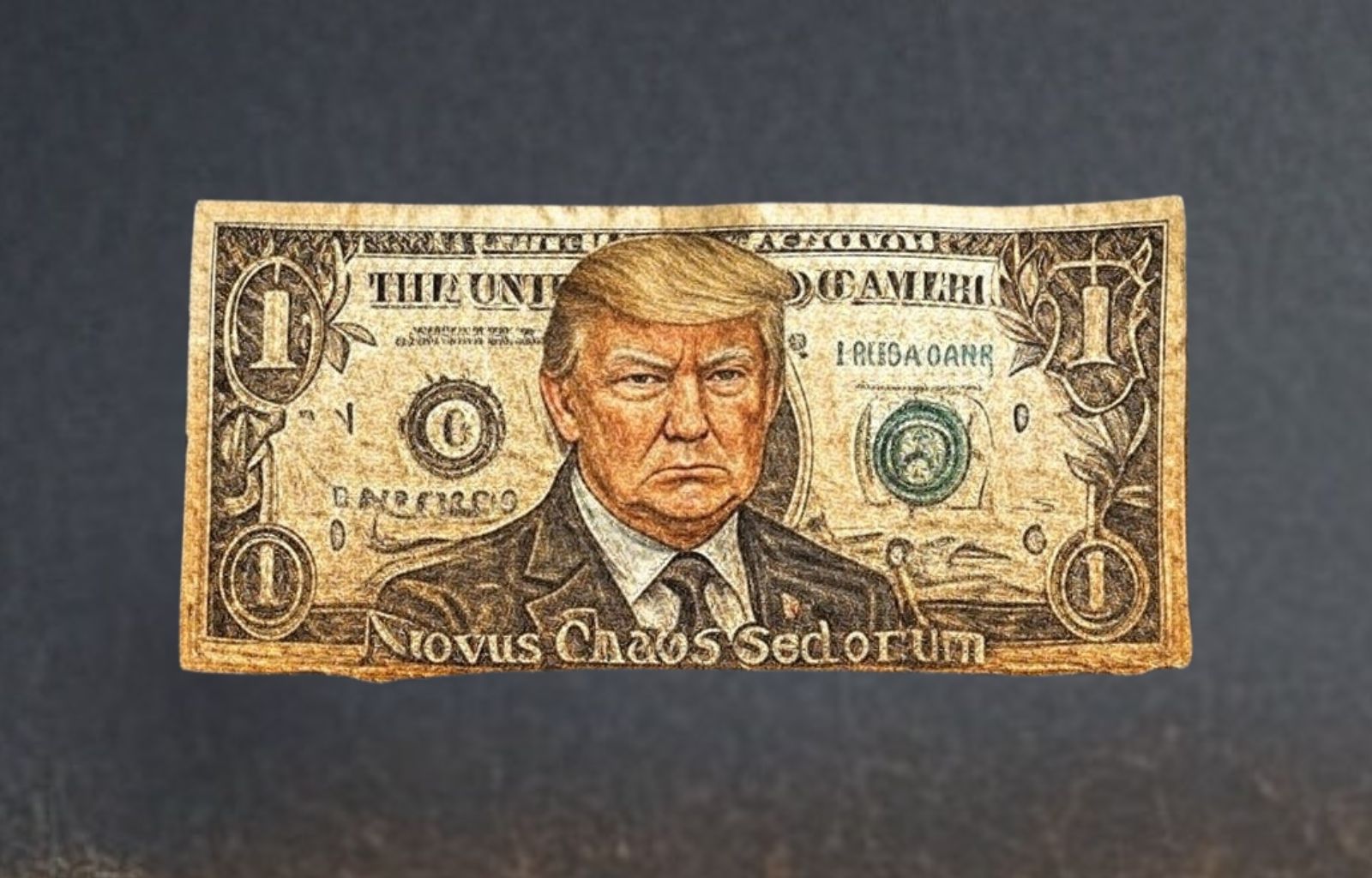Putin plays chess, Trump dice: the urgency of European self-defence

The conflict in Ukraine has dramatically revealed that Europe can no longer rely on an international order forged in the post-war period and the certainty of an ally-umbrella across the Atlantic. While Russian missiles strike cities, infrastructure and civilians just a few kilometres from our borders, the Kremlin’s strategy remains the same as ever: to destroy the territorial integrity of Ukraine, maintaining the occupied territories and turning the rest of the country into a sort of ‘second Belarus’, a militarily and politically weak reality with a government friendly to Moscow and hostile to NATO.
The testimony of Tatiana Stanovaya, senior fellow at the Carnegie Russia Eurasia Center and founder of R.Politik, helps to grasp the underlying logic of Putin’s moves. Although the opening of talks with Donald Trump has already been leaked officially and through diplomatic channels, Russia is merely offering temporary concessions in exchange for a ceasefire that Trump could present as his triumph. In reality, in the Kremlin’s plans, these openings do not undermine its ultimate goal, which is to permanently break Ukraine and bring it back into its sphere of influence. Stanovaya explains that Putin is willing to tolerate even a failure of these negotiations with Washington, because he believes that the inevitable weariness of the West and the divisions between the allies will still leave the field clear for Russian forces in the medium and long term.
It is a game of patience and calculation, in which Europe, however, plays the role of the great absentee: and yet, it is precisely the Old Continent that has to manage the millions of refugees and come to terms with the cut in Russian gas supplies, the increase in military expenditure and the dramatic economic impact of a conflict taking place on its own territory. The initial illusion that moral suasion could stop Putin clashed with the evidence that the Kremlin is ready to tolerate sanctions, isolation and huge losses in order to realise its ambitions, also because in the East it has a giant ( China) that has never stopped supporting it. For their part, the United States has shown how the political line can change radically depending on the administration in office: all it takes is a new president, perhaps eager to reduce overseas engagement or to achieve quick ‘victories’ in international diplomacy, to witness a strategic reversal that is not always favourable to the Europeans.
It is precisely this uncertainty that should lead the European ruling classes to an awareness and a profound assumption of responsibility: the only way out is a Europe that can look after itself. The discussion on the possibility of a common European army is no longer a niche issue: it represents an attempt to give a unified and concrete response to the crumbling – now fully underway – of the order inherited from the Second World War. It is not just a matter of repelling the Russian invasion in the present, but of preventing future conflicts in a global context in which the great powers – from the United States to China – follow strategies that do not always coincide with European interests.
The bottom line is that Europe, today, is at a crossroads: it can either continue to hope that yesterday’s balances will withstand the shock of history, or take note that the rules of the game have changed. Putin is playing the long game, aiming to redraw the borders in the East, while Trump, or whoever aspires to the White House in the future, can change foreign policy with the stroke of a pen. Within this framework, Europe risks paying the highest price in terms of security, economic resources and political stability.
To break this dynamic, abstract appeals to democratic principles or ‘international credibility’ will no longer suffice. If Europe does not want to be overwhelmed, it will have to find the strength to defend itself, shunning any form of military or energy blackmail, and above all making itself impervious to the fluctuations of the US political agenda. The idea of a common army, greater integration and a shared foreign policy is no longer a federalist utopia, but an historical necessity. Indeed, the future of Europe depends on its ability to move with unity of purpose and adequate means, taking responsibility for its own security itself.

